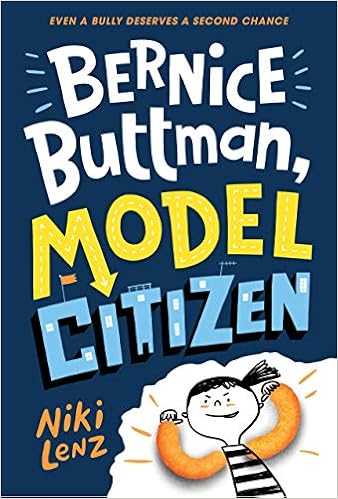
What Lane? by Torrey Maldonado has already received starred reviews from Kirkus and School Library Journal. Sixth-grade, mixed-race Stephen is trying to navigate the "lanes" he sees around him--the Black kids' lane, the White kids' lane; the don't say anything lane, the speak-up-speak-out lane; the fight-back lane, the talk-it-out lane. The world is treating him differently now that he's growing up, and he's not liking a lot of what he sees. But how do you handle it when you don't know which lane you fit in, which actions you should take?
This book covers a LOT of ground in 144 pages--the ever-present adolescent need to fit in, White privilege, the "talk", generational racism, White and Black allies, the ease of interracial relationships that is possible with shared interests, peaceful versus violent confrontation. What Lane? dovetailed nicely with the latest chapter I read of Kendi's How to Be An Antiracist, about color and the artificial hierarchy based on the lightness (or darkness, for Whites) of one's skin, even within racial groups. In the end, Stephen decides his own lane is best--which aligns with Kendi's anti-stereotyping message.
It's Monday, and I'm recommending What Lane? as a great sliding glass door/ mirror book. Its short chapters and overall shorter length make it an excellent read-aloud choice for middle grade educators and students, sure to start some interesting and enlightening conversations.


![Insignificant Events in the Life of a Cactus by [Dusti Bowling]](https://m.media-amazon.com/images/I/51q+2fVkAoL.jpg)

